24 March 2025
If you’ve ever played a game where you stopped to think, _“Wait, did the developers actually plan for this to happen?”_—congratulations, you’ve experienced emergent storytelling. It’s a phenomenon where players create their own narratives within a game, often in ways the developers never anticipated. And honestly? It’s the kind of magic that keeps gaming so fresh and exciting.
Let’s dive into this concept together. I promise, by the end of this article, you’ll not only understand emergent storytelling but might even start seeing it as the secret sauce to a more engaging and memorable game world.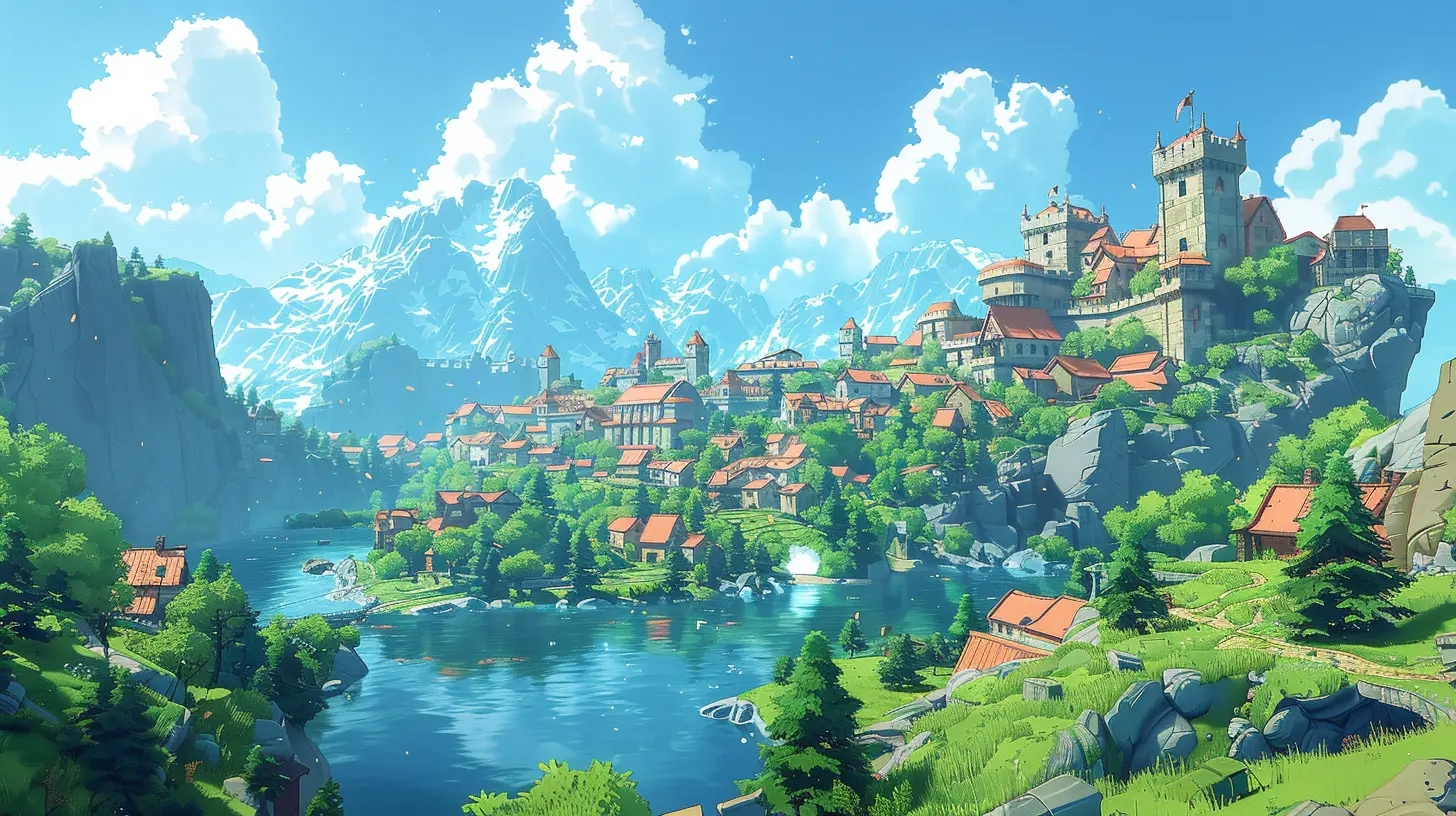
What Is Emergent Storytelling?
First off, let’s get on the same page. Emergent storytelling, in gaming terms, refers to the narrative moments that arise organically from player interaction with the game. It’s not handed to you on a silver platter like cutscenes or scripted quests. Instead, it’s the unscripted, often chaotic, results of players engaging with the game systems, characters, or even other players.Think about games like _Minecraft_, _The Sims_, or _Elden Ring_. These games don’t tell you what to do every step of the way. They hand you a sandbox (sometimes literally) and let you figure things out. What happens next? Well, that’s where emergent storytelling comes in. Maybe you’re building a utopia in _Minecraft_, only to have a creeper destroy it all and send you down a spiral of revenge. Or perhaps you’re in _The Sims_ and decide your entire family of characters MUST live in a house with no doors (because chaos is fun).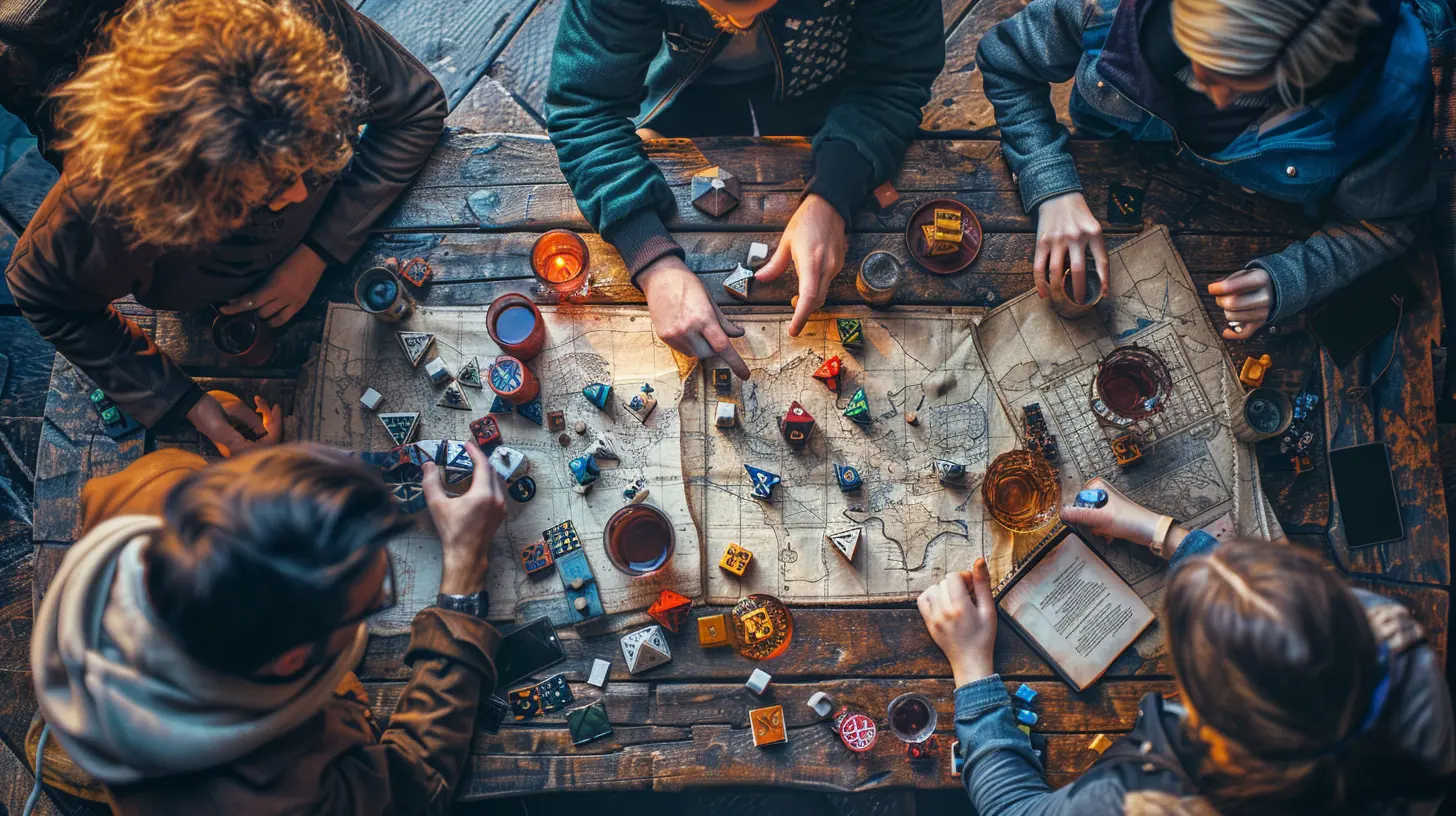
Why Does Emergent Storytelling Matter?
Here’s the thing—games are about experiences. While a pre-written story can be amazing (and don’t get me wrong, we all love a good RPG tale), emergent storytelling smashes through the ceiling of possibilities. It’s dynamic, personal, and unpredictable.Ever heard someone recount an in-game moment so vividly it sounded more like a wild story rather than "just a game"? That’s emergent storytelling doing its job. Players feel deeply connected to these unscripted moments because _they_ had control. It’s like being the writer, director, and star of your own movie. And let’s be real: that level of agency? Unbeatable. 
The Ingredients of Emergent Storytelling
So, what exactly makes emergent storytelling tick? It’s not magic, although it definitely feels like it sometimes. Here are the key elements that allow this kind of storytelling to thrive:1. Player Freedom
Games that excel in emergent storytelling often give players the freedom to experiment. Whether it’s deciding where to go, how to interact with the environment, or even how much chaos to cause, the player is handed the keys to the world.For example, in _The Legend of Zelda: Breath of the Wild_, you can approach challenges in countless ways. Want to catapult yourself into an enemy camp using a tree trunk and stasis? Go for it. Feel like cooking questionable food combos just to see what happens? Knock yourself out. This level of autonomy is where the beauty of emergent storytelling starts.
2. System-Driven Worlds
At the heart of emergent storytelling lies the systems and mechanics of the game. Developers set up rules, but they leave enough wiggle room for unexpected interactions to occur. Think of it like dominoes—they design the set-up, but players get to knock them over however they want.Games like _Dwarf Fortress_ and _Cities: Skylines_ are excellent examples. These aren’t just “games”; they’re living, breathing simulations. The systems are so layered that anything from a perfectly functioning colony to an apocalyptic meltdown feels equally valid.
3. Unpredictability and Chaos
Let’s be honest: humans are creative, and if you give us an inch, we’ll take a mile (or a hundred). What makes emergent storytelling next-level is that it leans into this chaos. Developers don’t need to control every moment; instead, they make room for unpredictability. It’s the perfect recipe for creating stories that are equal parts hilarious and heartwarming.Take _Grand Theft Auto V_ as an example. Sure, there’s a scripted story, but some of the best moments come from players just messing around—launching cars off mountains, starting ridiculous chases, or forming impromptu dance parties online. These are the moments that stick with people.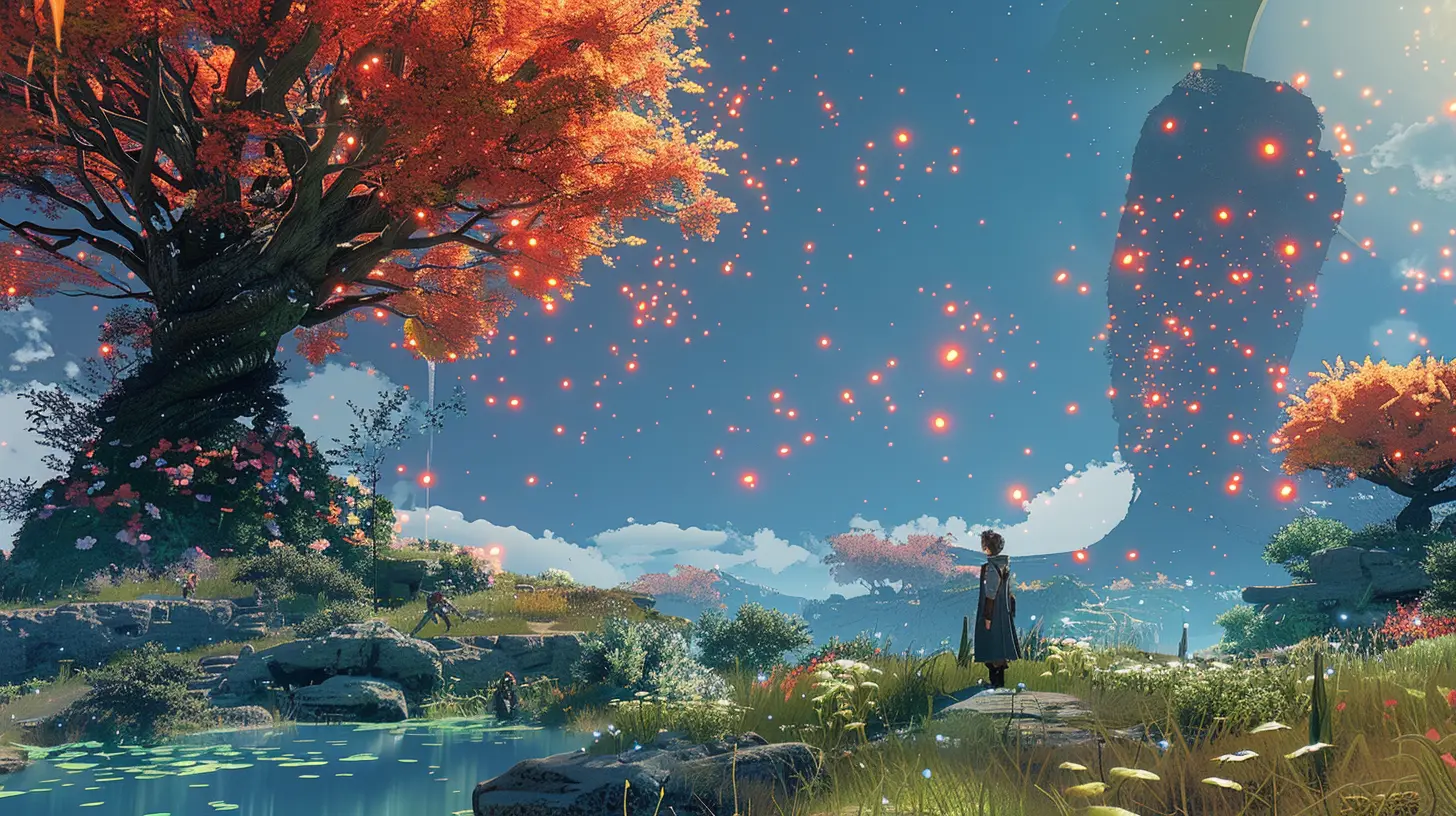
How Players Shape the Narrative
Now here’s the million-dollar question: how do _players_ end up shaping the game’s world through emergent storytelling? Well, think of it as a dance between the player and the game itself. The player pushes the boundaries, and the game pushes back, creating a unique story each time.1. Choice and Consequences
When players are given meaningful choices, they naturally shape the story. A classic example is seen in open-world RPGs like _Skyrim_. Will you be the hero everyone loves, or the anti-hero nobody trusts? These choices don't just shape your character but also how the world reacts to you.2. Player Creativity
You’d be surprised at how inventive players can get when given the freedom to tinker. Just look at games like _Factorio_ or _Kerbal Space Program_. Players are constantly finding new ways to break the rules—or at least bend them—to achieve outrageous results.3. Community Influence
In multiplayer or shared-world games, emergent storytelling goes beyond individual players. It becomes communal. Few things are more rewarding than sharing a bizarre or epic in-game moment with friends or strangers online. Games like _Among Us_ highlight just how much fun it is when players collectively shape the narrative.The Emotional Impact of Emergent Storytelling
Here’s why emergent storytelling hits so hard: it’s _yours_. When a story unfolds because of your actions—not because the game told you to—it creates a sense of ownership and attachment.Remember that time you accidentally caused a dragon to crash-land into a village in _Skyrim_? Or maybe the moment in _Red Dead Redemption 2_ where a random encounter turned into a loyalty-bound vendetta? These are moments you didn’t just witness; you _lived_ them. That’s powerful.
And let’s not forget the emotional rollercoaster emergent storytelling can bring. Laughter, frustration, awe, or even heartbreak—it’s all on the table. Because when it’s your choices fueling the story, the stakes automatically feel higher.
How Developers Can Encourage Emergent Storytelling
If you’re a game designer, you might wonder, “How can I make this happen in my game?” While emergent storytelling can’t exactly be “designed” in the traditional sense, you _can_ create the conditions for it to flourish.1. Focus on Systems Over Scripts
Rather than focusing all your energy on a rigid story, double down on creating flexible mechanics and systems. These act as the building blocks for players to create their own narratives.2. Embrace Player Creativity
Be willing to let players break things—or at least bend the rules. If someone finds a hilarious loophole in your game, lean into it instead of patching it out. Those moments are gold.3. Foster Social Interaction
Games that allow for collaboration or competition between players naturally generate amazing stories. Even small social features like trading or shared objectives can lead to massive emergent moments.Why You Should Care
Emergent storytelling isn’t just some fancy buzzword—it’s the heartbeat of interactive gameplay. It’s what makes games feel alive, unpredictable, and _human_. As players, these moments remind us why we fell in love with gaming in the first place. And for developers, it’s a reminder that sometimes, the best stories are the ones you _don’t_ write.So the next time you’re wandering through a virtual world, take a moment to notice the stories you’re creating along the way. They might not be in the script, but hey—that’s the beauty of it.

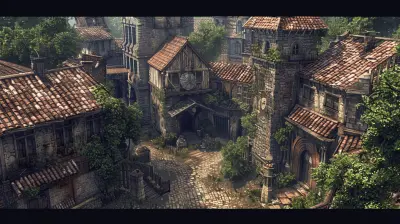
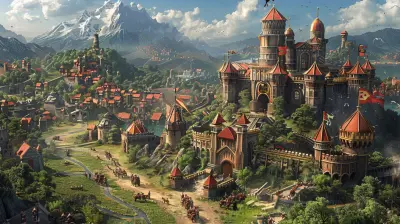

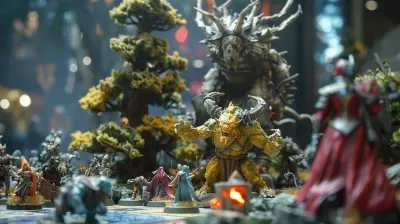

Monique McDougal
Great insights on emergent storytelling! It’s fascinating how player choices can truly shape a game’s narrative. I appreciate the depth of this topic and how it highlights the unique bond between players and worlds.
March 31, 2025 at 4:04 PM